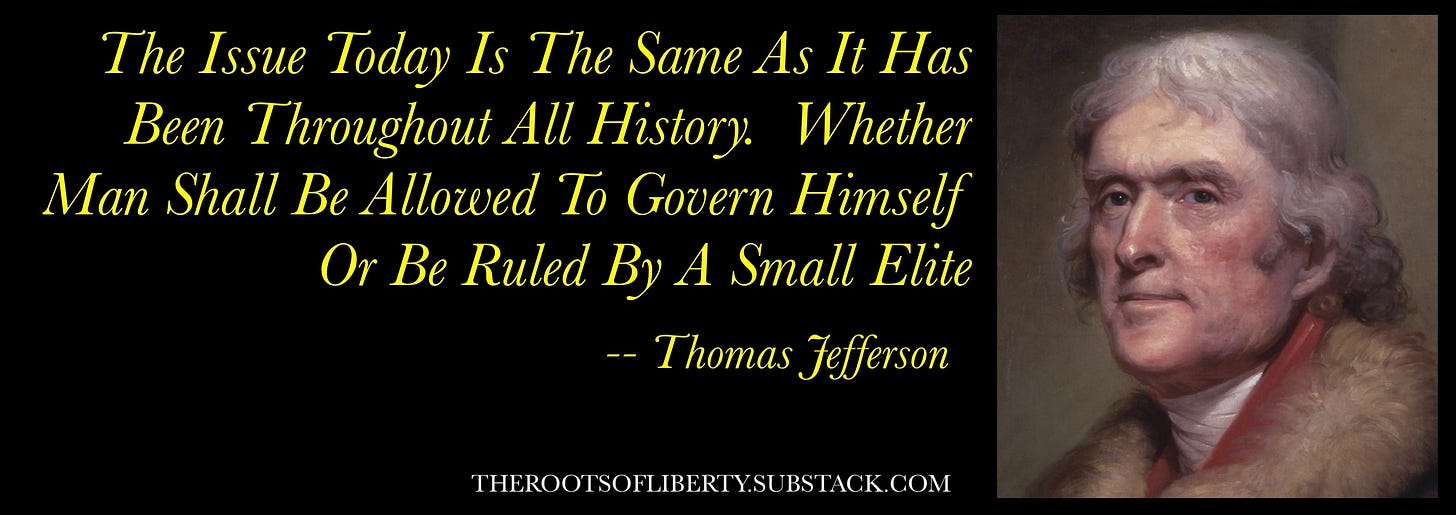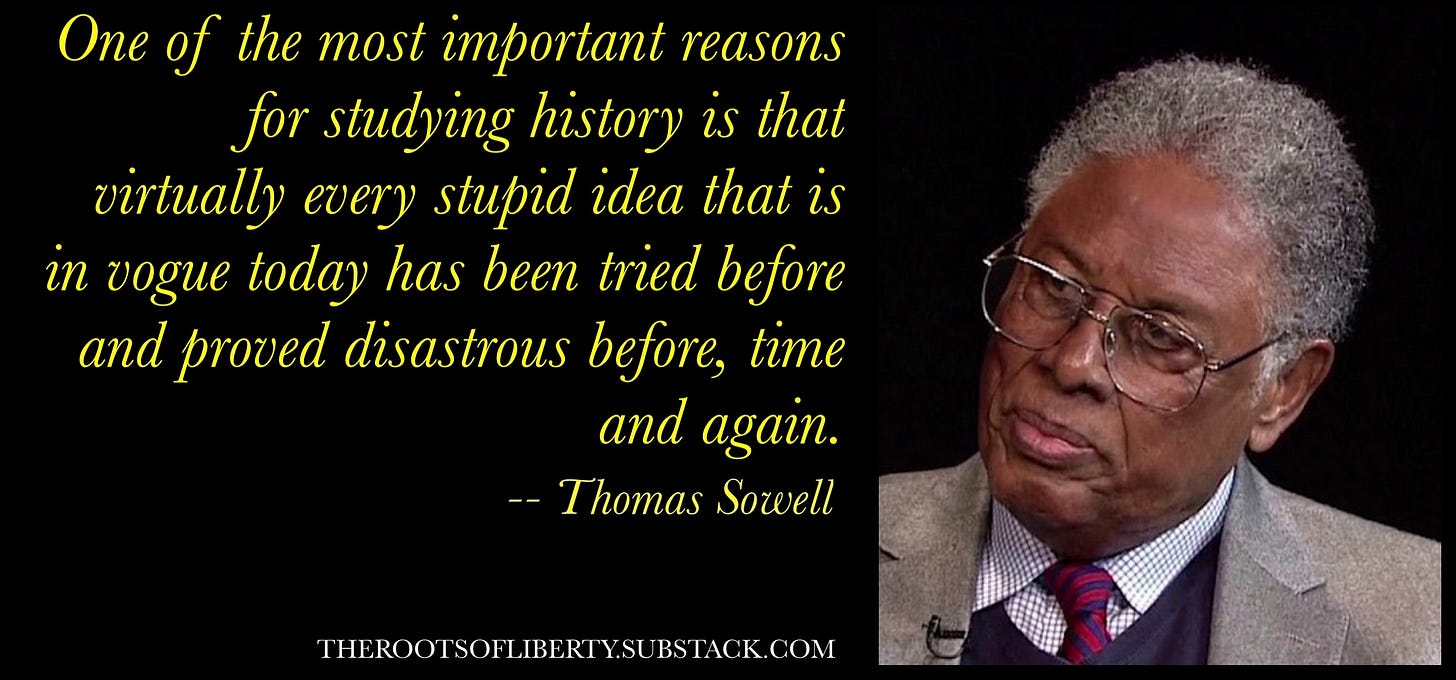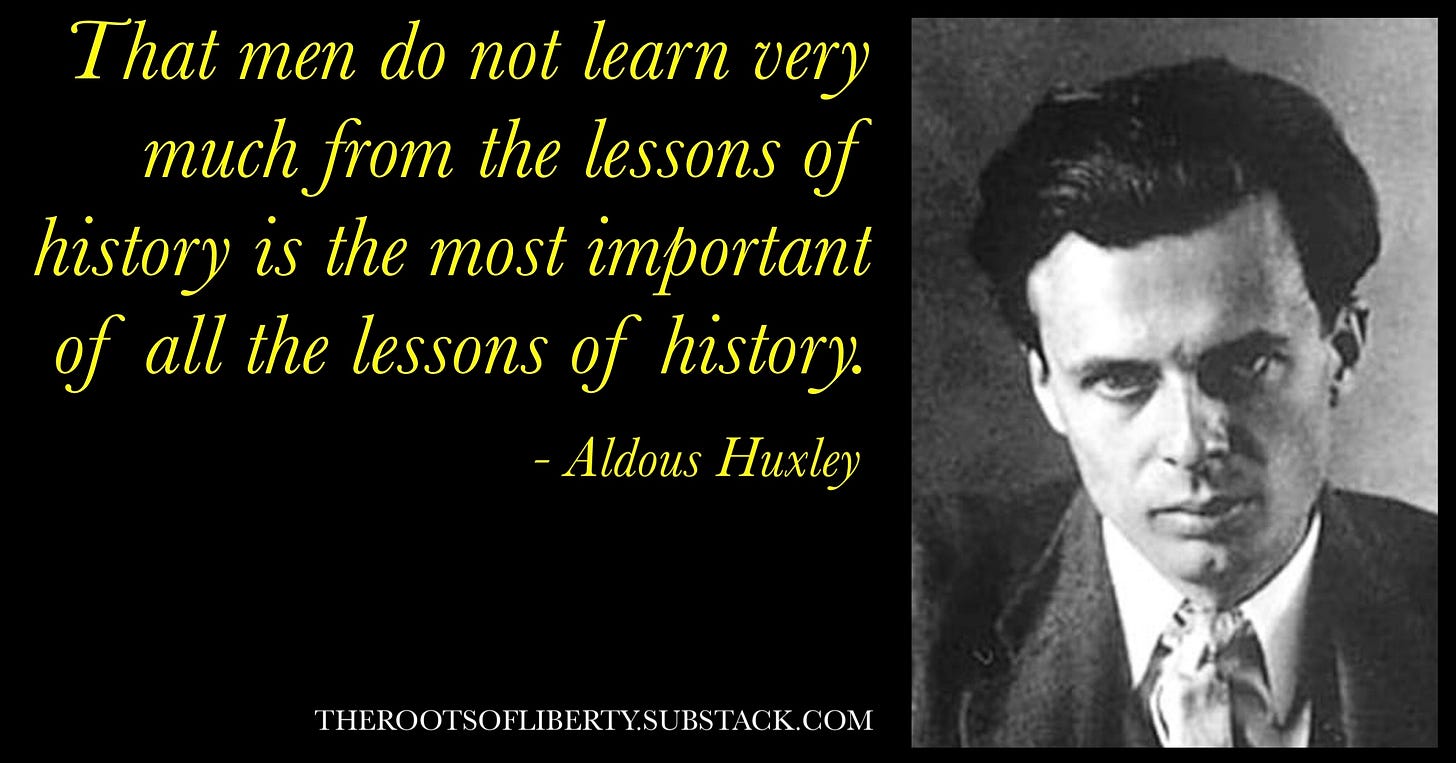If you've read even a couple of my blog posts across the years I've been doing this, you've seem me refer to the Best-and-Brightest. It's a phrase that's been around for a long time, and the title of a book about Viet Nam by David Halberstam. Its origin, or at least earliest use, traces back to the mid 18th century:
[T]he letter of Junius published February 7, 1769, in the Public Advertiser. There Junius uses it mockingly and ironically in reference to King George III's ministers, whose capacities he had disparaged in his first letter the previous month. In response to Sir William Draper's letter defending one of Junius' targets and attacking their anonymous critics, Junius wrote:
"To have supported your assertion, you should have proved that the present ministry are unquestionably the best and brightest characters of the kingdom; and that, if the affections of the colonies have been alienated, if Corsica has been shamefully abandoned, if commerce languishes, if public credit is threatened with a new debt, and your own Manilla ransom most dishonourably given up, it has all been owing to the malice of political writers, who will not suffer the best and brightest characters (meaning still the present ministry) to take a single right step, for the honour or interest of the nation."
(Emphasis mine).
Halberstam also used the phrase ironically, as a reference to JFK's "whiz kids" that insisting on "brilliant policies that defied common sense."
In other words, the mockery with which I use Best-and-Brightest (BaBs here, to save me some typing) echoes across a quarter millennium. Nevertheless, it is a reality that we are surrounded by people who seek the guidance and governance of those very same BaBs unironically and enthusiastically. They want to be ruled by people they've decided should be in charge of everything, and want everyone else ruled by them as well.
While it may seem that this inclination toward - let's use the term "geniocracy" (yes, that's a thing) - is a relatively recent phenomenon, conducer another, less-well-known phrase: Goo-goo.
Goo-goo stands for "good government." Its origin is NY City of ~140 years ago, when "good government clubs" emerged as an antidote to widespread corruption (the Tammamy Hall era in NYC, widely synonymous with graft and dirty politics, spanned nearly a century from the 1850s onward).
The term isn't much used nowadays, but I routinely encounter people who think that government, properly applied, is a force for good, is better than free markets, is how things can be more fair and equitable, and is the better way for organizing society. While many such folks are not according-to-Hoyle socialists, they are in the softer sense, socialistic. They may not believe in state ownership of the means of production, but they do believe in heavy regulation of businesses, in the government taking profits they deem "excessive" from those businesses, and in bailing out the ones that matter to them when they underperform. They also have no problem with government taking from the successful in order to fund the lives of everyone else, in government regulating everything for our own good, and in government incentivizing some behaviors and deterring others. Often, you will find such folks referring to the “cost of tax cuts” and similar phraseology that implies government, not you, owns the fruit of your labor.
All this is predicated on finding the right people to run things, which results in a total ceding of power to government when their preferred people are in charge, and an endless wailing and gnashing of teeth when people they don’t like are in charge.
Two separate realities fail to enter the goo-goos' brain pans.
First, the pendulum. Our government see-saws between the Democrats and the Republicans, and while every party aspires to a permanent majority, the evidence is overwhelming that such ain't gonna happen. Thus, any power granted or ceded to the government will be power wielded by both those they like and those they dislike.
Second, the "angels" problem. As Milton Friedman asked Phil Donahue in one of the greatest pro-liberty bits of all time:
Just tell me where in the world you find these angels who are going to organize society for us?
Politicians and bureaucrats are just like you and me. Some are smart, some not so much. All are fallible.
A system suspicious of government power is a system that recognizes that reality. A system that lacks constraints (such as those written into the Constitution) is a system that puts its members at the mercy of the arrogant and narcissistic, for it is the arrogant and narcissistic who seek to impose their will on everyone else. This creates a destructive positive feedback mechanism. The more power the government has, the more attractive it will be to the sociopaths who lust for power above all. The more such sociopaths that go into government, the more power they will seek to accrue to themselves.
This is the great dissonance in the goo-goo ideal. By believing that government can be a force for good rather than a necessary evil that should be given limited power and be watched like a hawk in its exercise of that power, they incentivize the cynically self-interested to use their... shall we say naïveté... as leverage.
Few of the true geniuses of society go into politics or government. The system simply isn't set up to foster that outcome. Political advancement isn't about genius, it's about a certain kind of savvy. It's about glad-handing, schmoozing, playing the game, and hustling people with money into donating some of it to your ambitions. It's about kissing the right asses. It's about making the right speeches to the right people in the right places and at the right times. It’s about figuring out what people want to hear and packaging it in a way that convinces them you can deliver.
This is why the notions of BaBs governance, of geniocracy, and of goo-goo are delusional fantasy.
This is why, when we seek to put the smart people in charge, we end up with sociopaths instead.
This is why, when we expect the smart people to give us the best answers, we get the arrogant who imagine they can make work what has failed so many times before.
There is a reality in governance. We can have a small government and get good but imperfect results, or we can have a big government and get shitty results. Choose one of the two - there is no third option.








Mediocre minds are drawn to government like moths to a bug light. They can't compete in the real world.